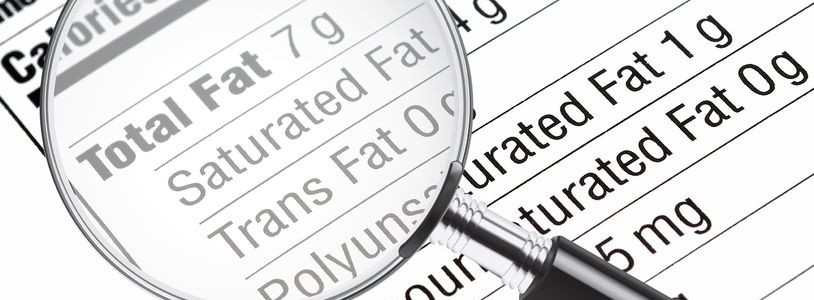How Successful People Think
Usually, successful people are happy and optimistic. They think of the downside as the runway to skip from their next leap upward. They have a mortal fear of failure.
They have courageous approach and risk, and they do not expect to understand everything before they start to do things, or start doing things, and they keep thinking about how to keep things going and how to improve. If you want to think like successful people, you need to master the tips below.
- Possibility Thinking
Many people think they are no able to able to perform certain tasks that seem unachievable, because of the kind of success associated with the task. When we believe that we can do what others say is impossible and succeed, many doors will open for us. Thinking impossible will attract others who believe in the impossible. Successful people make things happen, and they do not just sit and wait until someone comes up with a new idea. Indeed, the possibility of thinking is contagious. You cannot help but feel more confident and think bigger when you are in the vicinity of potential thinkers.
Possibility thinking is a heroic act, as it allows the future break from the past. This allows the flow of new probabilities and outcomes. Possibility thinking is the son of evolution. Hope and vision power it.
- Creative Thinking
How often are you in a situation where there would be no other solution to a specific problem?
When creative thinking is applied to the situation, you will have a basic formula to follow and work through the details of the problem to achieve a practical solution.
With creative thinking, you will be able to look at a problem from different angles. This can only be light at the end of the tunnel that leads to a solution.
- Reflective Thinking
Reflective thinking helps create a deep learning, enabling the growth of the individual in many aspects, including morally, emotionally and cognitively. Reflective thinking helps to identify the strengths and weaknesses of the individual allowing individuals to question the values and beliefs, challenge assumptions, to identify bias, recognize the fears and find areas for improvement.
- Shared Thinking
If you have friends who are older than you or both at the same level, you have to use their knowledge and smartness to your advantage. Shared thinking is about exchanging ideas with people who are successful and intelligent. To do this, you need to surround yourself with successful people.
- Questioning Popular Thinking
To be successful in life, we must first think well. But can we learn new mental habits? I say yes!
Don’t follow other people’s thought because they find something impossible or because a large group of people thinks something is impossible then you conclude it’s impossible. That’s wrong! Change your thinking, and your life will be changed, don’t follow crowds.
To change your thinking from popular thinking, you have to do what is stated below:
- Write Down Your Goals And Follow Them
Many of us have had a very difficult year, and we are not satisfied with ourselves. Write down your goals for the next five months. Once you have identified these goals, plan how you can reach these goals.




